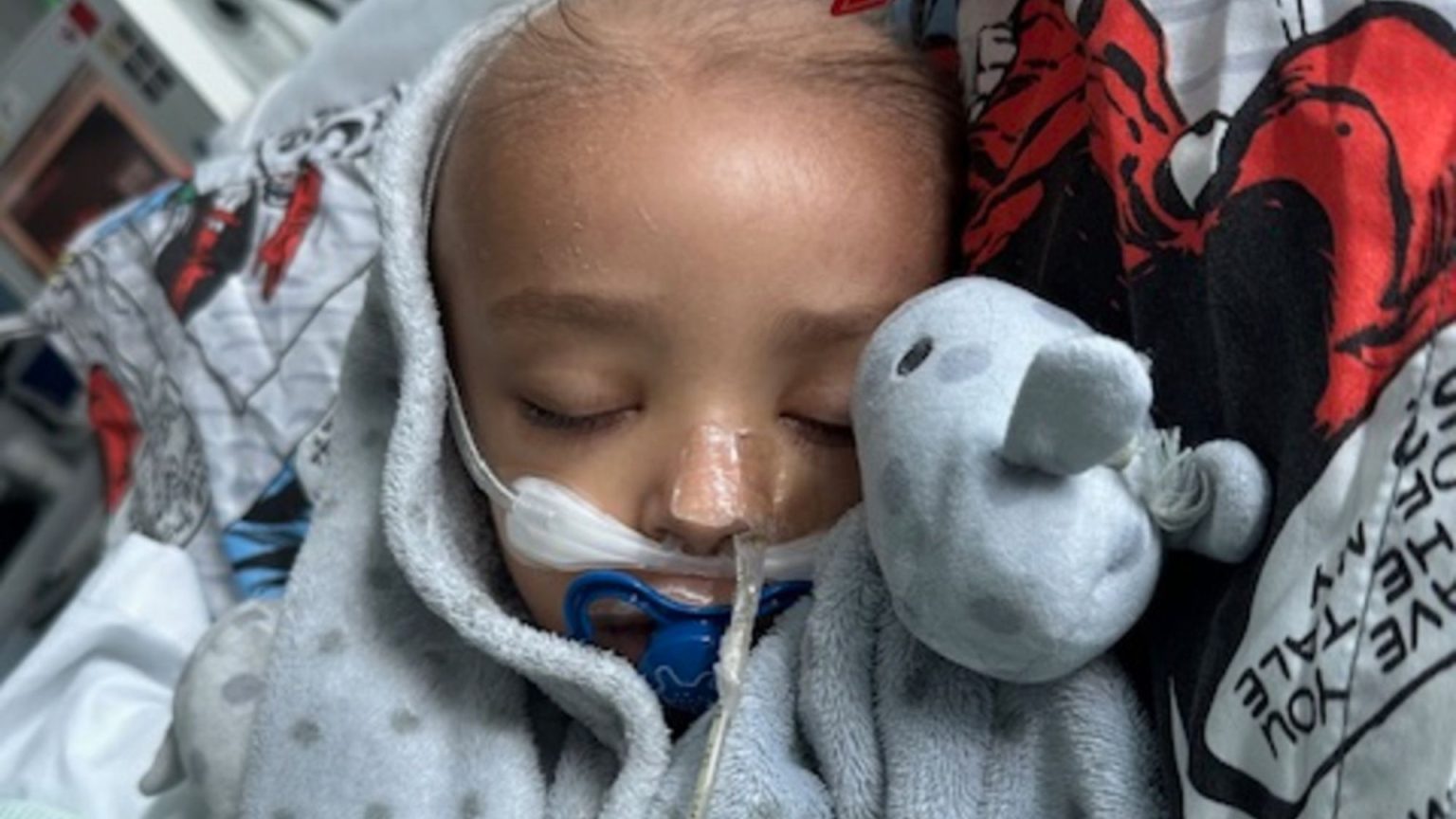Three-year-old James Gillespie’s Christmas Eve 2020 took a drastic turn when a persistent high fever, loss of appetite, excessive crying, and swollen lymph nodes led his mother, Anne-Marie, to rush him to the hospital. What initially seemed like a stubborn infection turned out to be a devastating diagnosis: mixed phenotype acute leukaemia (MPAL), a rare and aggressive form of blood cancer. Doctors warned that had James not been brought in when he was, he likely wouldn’t have survived Christmas. The family’s holiday was overshadowed by emergency surgery on Christmas Day, followed by the commencement of intensive chemotherapy on Boxing Day. The battle had just begun.
The initial treatments brought their own set of complications. James suffered a stroke, compounding his already fragile condition and necessitating even more extensive long-term care. Anne-Marie and her partner, David, faced the daunting task of juggling the care of James with the needs of their five other children, requiring constant travel between their home in Norfolk and the hospital in Cambridge. Anne-Marie, already caring for her own mother, now also became James’s full-time caregiver. Amidst this challenging period, a glimmer of hope emerged in the form of James’s 15-year-old sister, Faith.
With remarkable bravery, Faith volunteered to be a bone marrow donor for her younger brother. The procedure, which involved extracting two litres of bone marrow from her lower back, carried significant risks. Tragically, Faith developed sepsis following the operation, requiring an eight-day hospital stay and weeks of bed rest to recover. Despite her own ordeal, Faith’s selfless act granted James 18 precious months of remission. Her resilience and dedication exemplified the strength of family bonds amidst unimaginable adversity.
However, the reprieve was temporary. At the age of three, James’s leukaemia returned. In October 2023, he was once again plunged into the grueling cycle of chemotherapy. This time, armed with advancements in medical research and a deeper understanding of James’s specific cancer type, doctors explored a high-risk cord transplant as a potential treatment option. Simultaneously, James was enrolled in a whole genome sequencing (WGS) project, a cutting-edge genetic test designed to identify specific genetic targets and tailor treatment strategies for improved survival rates.
Just as the family awaited further information about the cord transplant, another devastating setback struck. During a routine lumbar puncture under anaesthesia, James’s lung collapsed, leading to sepsis and organ failure. He was placed on life support for two weeks, fighting for his life. The family rallied around him, their hopes and fears intertwined with every medical update. Against all odds, James’s strength and resilience shone through. He began to recover, even managing to sit up in his bed, offering a beacon of hope amidst the darkness.
James’s journey underscores the devastating impact of childhood cancer on families and the crucial role of medical advancements in offering hope. His story also highlights the selfless love and courage of siblings, exemplified by Faith’s brave decision to become a bone marrow donor. Although James’s path ahead remains uncertain, his fight continues, fueled by the unwavering support of his family and the dedication of medical professionals striving to provide him with the best possible chance at a healthy future. The ongoing research and development of treatments like cord transplants and whole genome sequencing offer a glimmer of hope for children facing similar battles against rare and aggressive forms of cancer.




